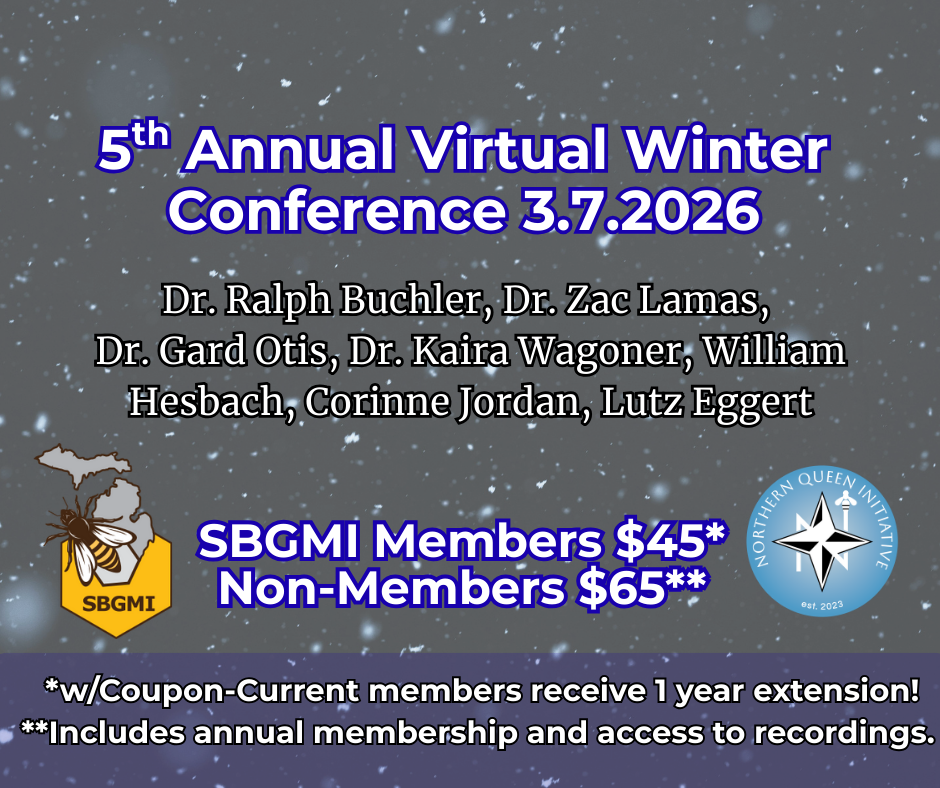
Please join us March 7th, 2026 beginning at 8:00am(est) (may change) for a live and interactive conference featuring dynamic and exciting speakers. Registered attendees will receive one year of group membership to the Sustainable Beekeepers Guild of Michigan which includes a complimentary six-month digital subscription to the Natural Bee Husbandry magazine, access to conference recordings, American Bee Journal/Bee Culture subscription Discounts, discounts on beekeeping suppliers and much more!
Featured Speakers
Speakers, titles, and speaker times are subject to change. Attendees will have access to recordings so attendance for the entire day is not required.
Featured Speakers
KEYNOTE: Occurrence of and selection for resistance against Varroa destructor inApis mellifera. 8:30AM EST
In this presentation you will hear a data-driven overview of which measurable traits actually matter when breeding honey bees for Varroa resistance. Drawing on a four-year, multi-country evaluation of nearly 500 colonies, the session will explain why summer adult-bee infestation levels are one of the strongest predictors of resistance, why traits like hygienic behavior and recapping are helpful but only moderately consistent, and why suppressed mite reproduction (SMR) assays often fails to hold up in real-world apiaries. Attendees will learn how to create a more effective, evidence-based path toward locally adapted, mite-resistant stock.
Dr. Ralph Büchler is one of Europe’s most respected honey bee researchers and a leading voice in breeding for Varroa-resistant stock. Recently retired from the renowned Bee Institute Kirchhain in Germany, Dr. Büchler spent decades advancing practical, data-driven breeding methods that improve colony health, resilience, and productivity. Today he continues to contribute to major international projects aimed at achieving commercially viable Varroa-resistant bees. Dr. Büchler’s blend of scientific rigor and on-the-ground beekeeping experience makes his insights indispensable for anyone working to build sustainable, locally adapted honey-bee populations.

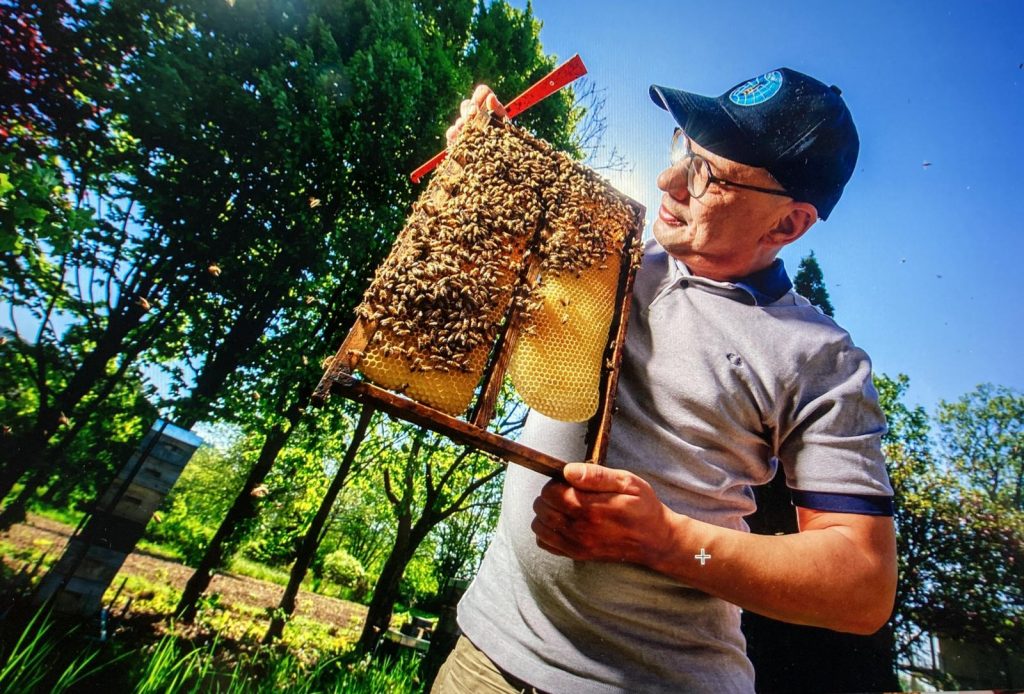
The Five Pillars of Varroa Resistance 9:45AM EST
From a breeding perspective, desired traits, such as resistance mechanisms against pathogens or parasites, can be established relatively quickly in honey bees. Through targeted selection and consideration of the specific characteristics of recessive inheritance patterns, the successful scaling and continuation of the desired results is also possible outside of artificial insemination of queens by establishing controlled mating zones.
Lutz Eggert has been a professional beekeeper since 2008, specializing in queen breeding and reproduction. He organizes and manages a Europe-wide network for the selection of his genetic library. He is also an author, leads workshops, and gives lectures. His Weimar needle stamp for determining brood hygiene behavior was awarded the “Best Innovation” prize at Apimondia 2022.
How Do Varroa and Viruses Undermine Workers, Drones, and Queens? 11:00AM EST
Varroa destructor and the viruses it vectors destabilize honey bee populations, capable of large scale losses. This talk delves into how feeding by mites and subsequent viral infections cause bee loss at the individual level. We explore the seasonality of parasitism, and why we still have an epidemic of deformed wing virus in our honey bee populations.
Dr. Zac Lamas leads the honey bee research laboratory at the University of Maryland Baltimore County, focusing on the hazards that drive colony loss and developing practical management solutions. His groundbreaking work revealed that Varroa destructor primarily targets adult drones not workers as long believed reshaping our understanding of mite behavior and opening new avenues for cost-effective control, including bait-trap development. A PAm-Costco award recipient for his research on Varroa’s vectoring capacity, Zac is a sought-after speaker at bee clubs and conferences. He formerly worked with Michael Palmer at French Hill Apiaries and now operates RockStar Queens, producing high-quality nucs and queens in central Maryland
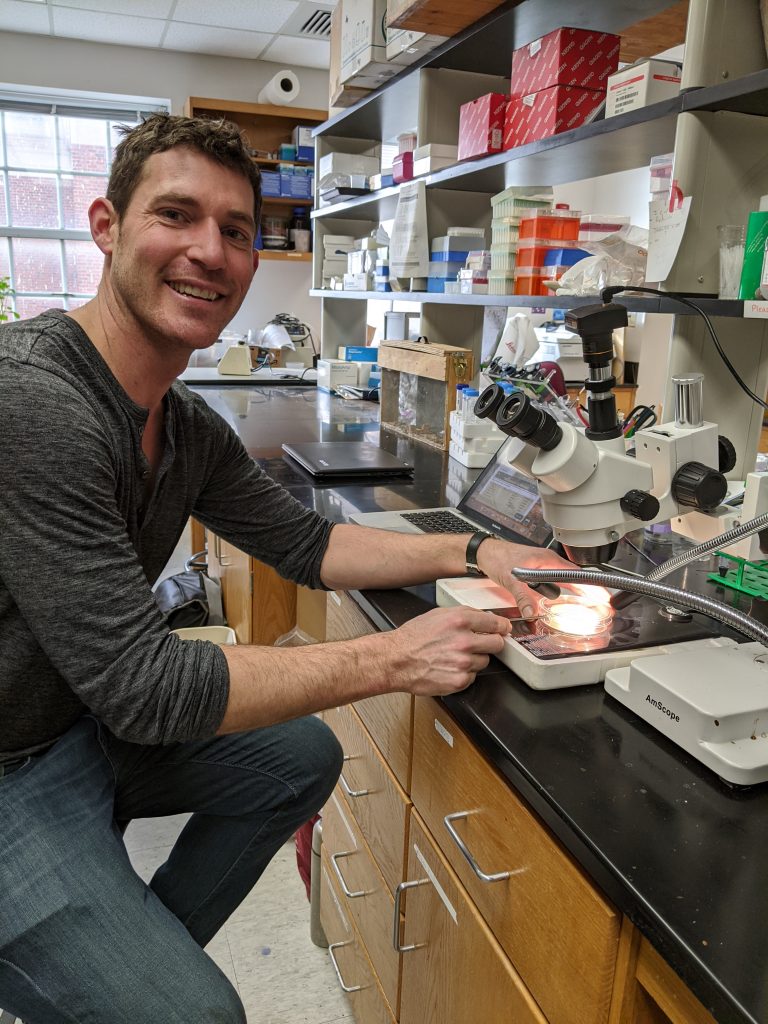
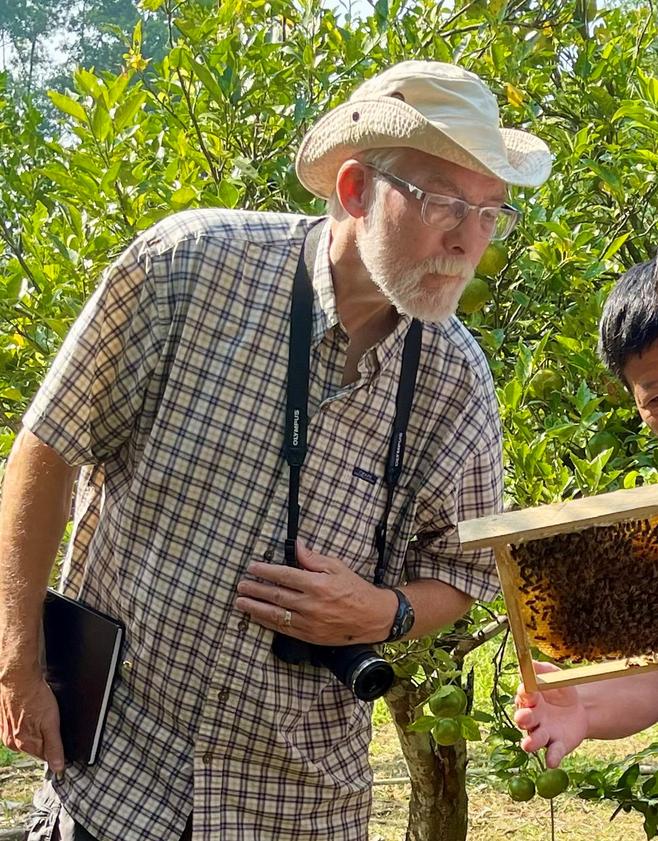
Drone Congregation Areas: What We Think We Know… and What We Don’t 1:15PM EST
Critically, we still have almost no direct data on where queens mate, only based on where we’ve chosen to look. For decades, beekeepers have been told a simple story: drones leave the hive, fly to a location in the sky called a Drone Congregation Area (DCA), and wait there for queens to arrive. Drawing on nearly 50 years of collaborative research with Dr. Orley “Chip” Taylor and others, Dr. Gard Otis revisits that story and shows that the real picture is far more complex—and far more interesting.
Dr. Gard Otis is an entomologist who is best known for his activities with honey bees. After graduating from Duke University (B.S., Zoology, 1973), he attended the University of Kansas where, under the supervision of Orley “Chip” Taylor, he studied the ecology of rain forest butterflies and population dynamics of Africanized honey bees (PhD, Ecology, 1980). In 1981, they collaborated on studies of the mating behavior of honey bees in Venezuela. Since joining the University of Guelph in 1982, he studied the biology of tracheal mites, bred bees resistant to them, has been involved in research on all fourteen species of honey bees, and led a highly successful beekeeping development project in Vietnam.
The Truth about Sticky Boards: Accurate Monitoring for Varroa 2:30PM EST
This talk compares how accurately sticky-board mite drops reflect total Varroa load versus alcohol or sugar washes. We’ll cover why washes only sample phoretic mites, while drop boards capture whole-colony signals that often track total population more closely. Research from Martin, Branco, and Flores shows that four-day natural drops can reliably correlate with true mite levels when conditions are right. You’ll learn when each method fails, when they align, and how to use both with confidence in real-world management.
Bill Hesbach teaches bee biology and various beekeeping methods at meetings hosted by regional beekeeping clubs. Bill is an active member of the Eastern Apicultural Society, where he is part of the Master Beekeeper Certification program. Bill is a regular guest speaker at national beekeeping seminars and was presented the Distinguished Speaker Award at the 2019 EAS conference.
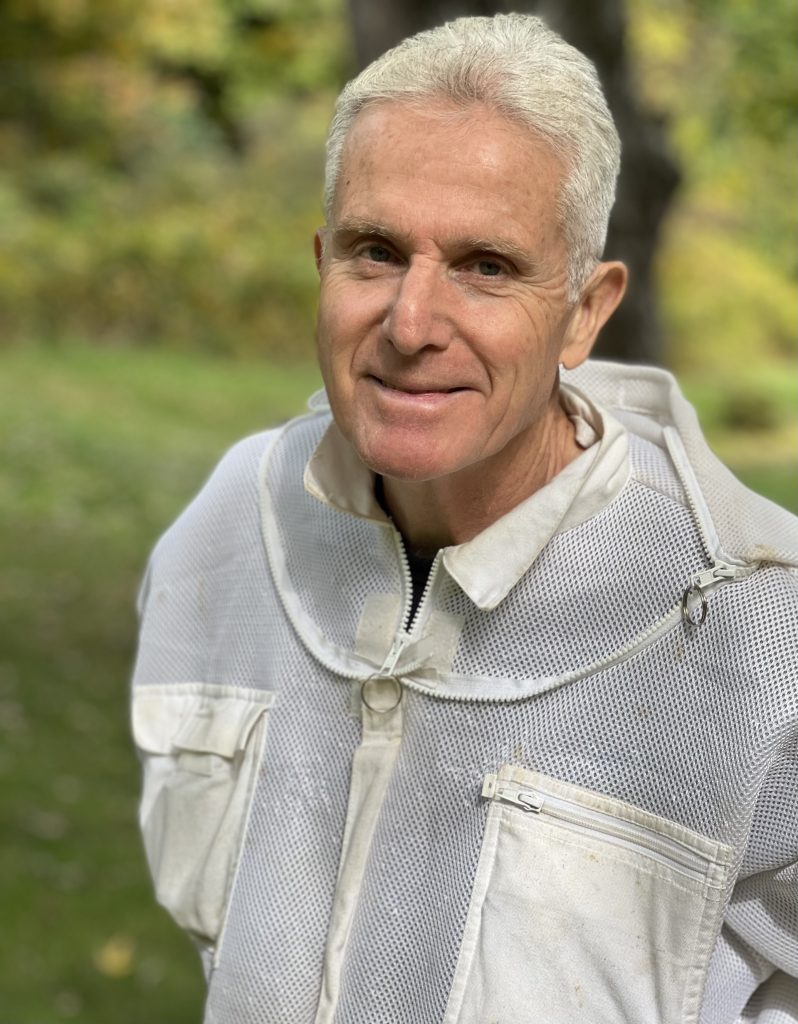
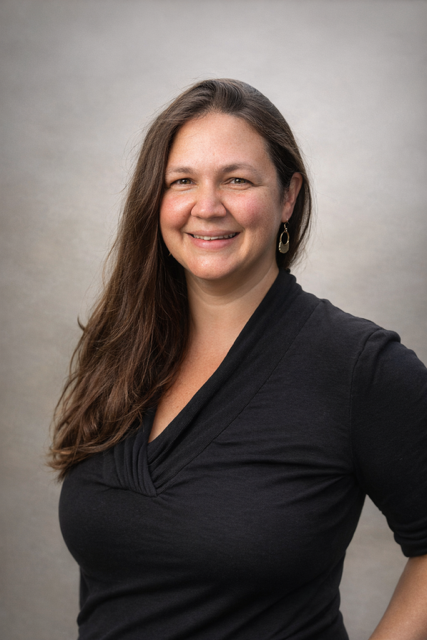
Methods, Benefits, and Complexities of Hygienic Selection 3:45PM EST
This talk will break down the most practical hygiene selection assays used in breeding and evaluation, including brood-kill, Harbo, and UBeeO, with clear guidance on methods, strengths, and limitations. You will learn why assay scores can vary so much between colonies and testing events, what drives that variability, and how to interpret results without overreacting to noise. The talk will also cover what hygienic behavior can realistically deliver in the field, from improved pest and pathogen resistance to fewer treatment interventions.
Dr. Kaira Wagoner serves as Director of the Plant and Pollinator Center at the University of North Carolina Greensboro, and as CEO of the honey bee health company Optera. Dr. Wagoner led the research and development of UBeeO, a pheromone-based tool for measuring honey bee colony pest and disease resistance. In 2023, Dr. Wagoner was recognized in Copenhagen, Denmark as a finalist for the AAAS Science Prize for Innovation for her work with UBeeO, which is now used to improve honey bee health around the world. Dr. Wagoner has published numerous (open access!) scientific articles in peer-reviewed journals and is committed to educating the public about the importance of pollinators and the ecosystems that support them. When not in the lab or apiary, Dr. Wagoner enjoys traveling, playing games, and spending time in the great outdoors with her husband and three nature-loving boys.
Four Years on the Front Line: Australia’s Race to Breed Varroa-Resilient Honey Bees 5:00PM EST
Corinne Jordan is a hands-on bee breeder from Queensland, Australia, who has spent the past four years developing Varroa-resilient lines in one of the world’s newest Varroa-positive regions. Working in a subtropical climate with year-round brood, she focuses on hygienic behavior, uncapping patterns, and mite reproduction traits. Corinne collaborates with researchers and industry to build practical, field-tested breeding tools for Australia’s rapidly changing beekeeping landscape
In this talk, Corinne Jordan shares four years of hands-on work developing hygienic and Varroa-resilient lines in Australia’s subtropical climate, where rapid brood turnover and high re-infestation pressure reveal real-world genetic performance. She presents practical insights from UBeeO testing, VSH behavior, mite reproduction assays, and drone-based selection — offering a clear picture of how resistance traits are emerging in Australia’s newly invaded landscape.
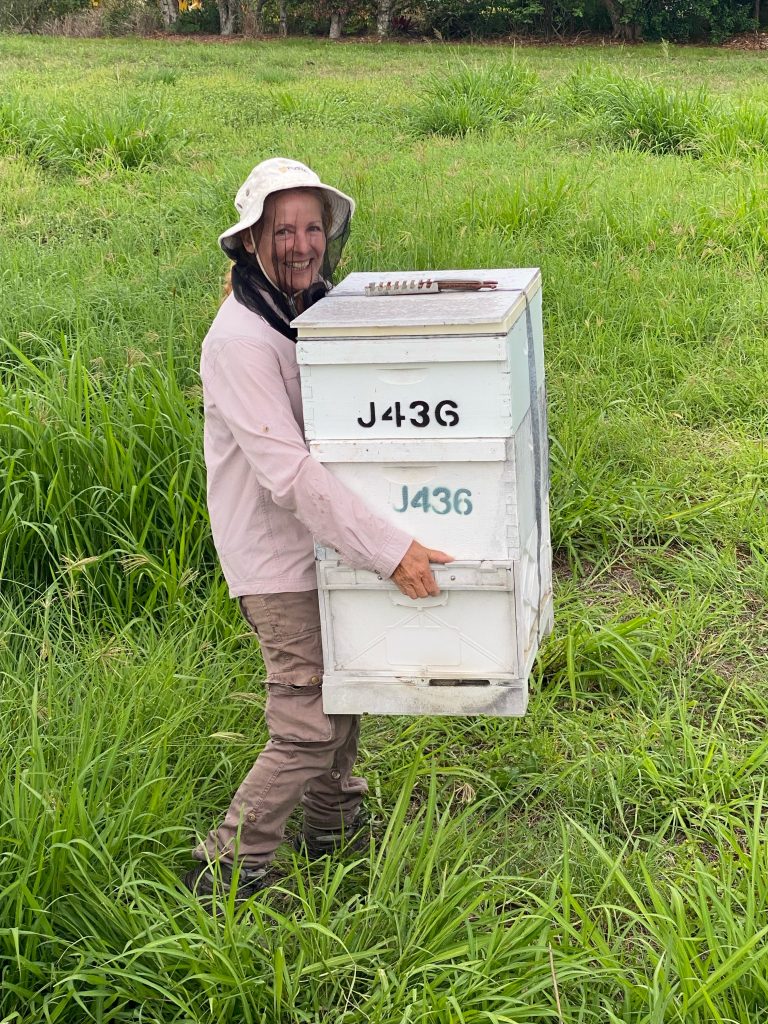
Virtual Conference Purpose
SBGMI was founded out of a desire to see an alternative to the permeation of prophylactic and systemic chemical treatment education and practice for mites (Varroa destructor) in modern beekeeping. The simple objective is to equip beekeepers with knowledge to reduce the dependence on these toxic interventions and facilitate sustainable beekeeping that trends toward better bred bees. We strive to ensure our members receive the support, resources, and opportunities needed to prosper along with their bees. This conference serves to bring together those who know, those who want to grow, and those curious about the path toward treatment-free beekeeping and sustainability in their own apiary!
You will learn from beekeepers who are successfully keeping bees in a manner that is within the spirit of the SBGMI Mission. You will also learn about core principles from our speakers on best practices, grow your apiary sustainably while focusing on a better bred bees. This conference will provide you with a new perspective, tools, and inspiration to implement the same into your current practice. Whether you are just starting out or looking to make some changes, these speakers will equip you with new and refreshed tools to better your practice and apiary! Our speakers are of good repute and plan to share their habits and philosophies that have enabled them to replicate success in their own apiaries while striving and achieving sustainability.
(includes annual individual SBGMI membership for new members, access to conference digital recording, 6-month NBH subscription, discounts on ABJ, Bee Culture, Premier Bee Products, ABC Master Academy, Cutler Bee Supply, Napoleon Bee Supply plus more)
Price: $65.00
SBGMI Members Receive $20.00 Discount on registration
ALL TICKET HOLDERS RECEIVE ACCESS TO DIGITAL CONFERENCE RECORDING!